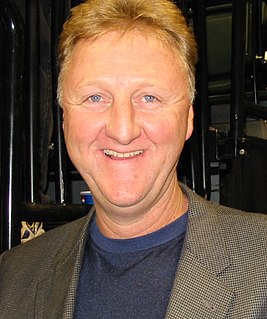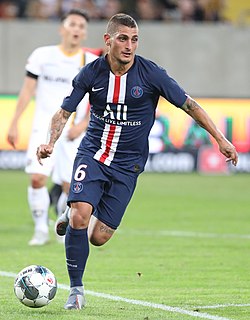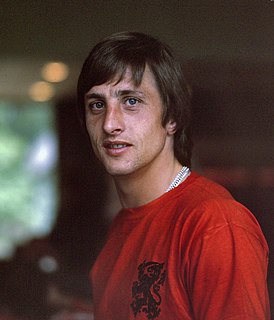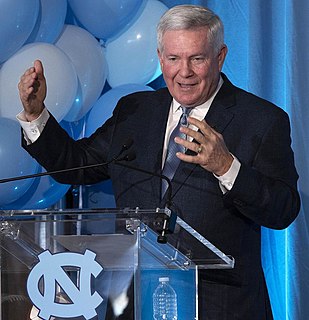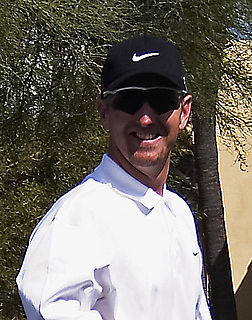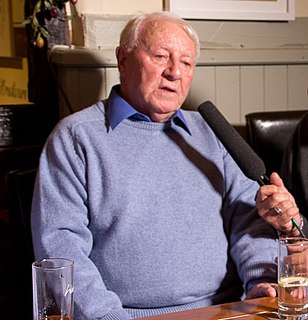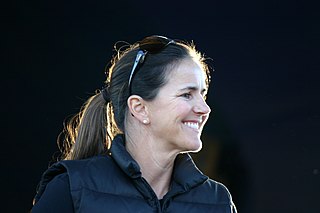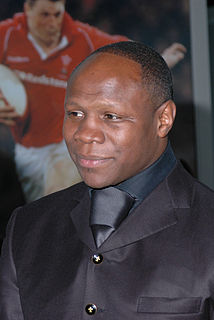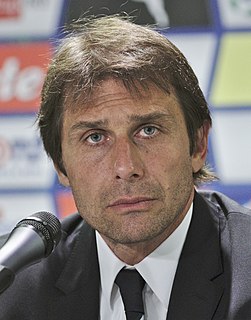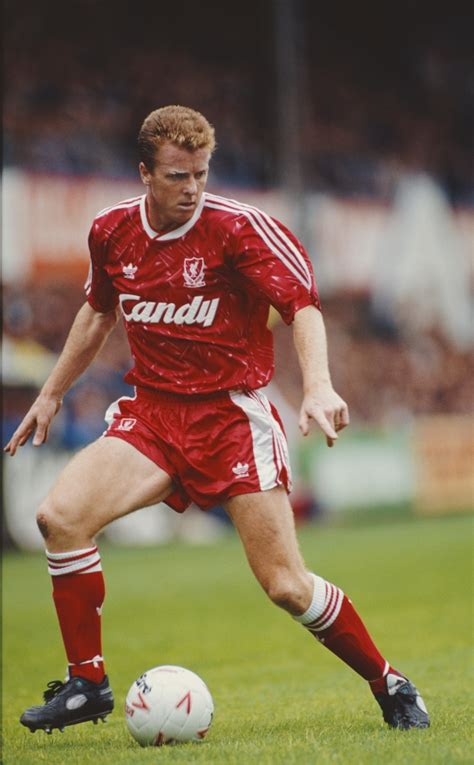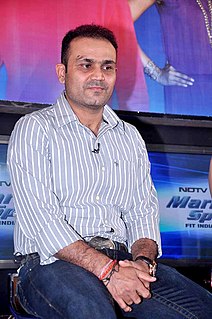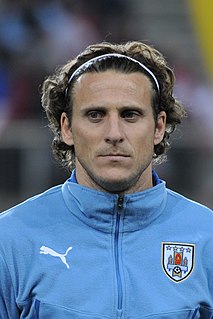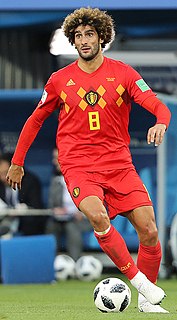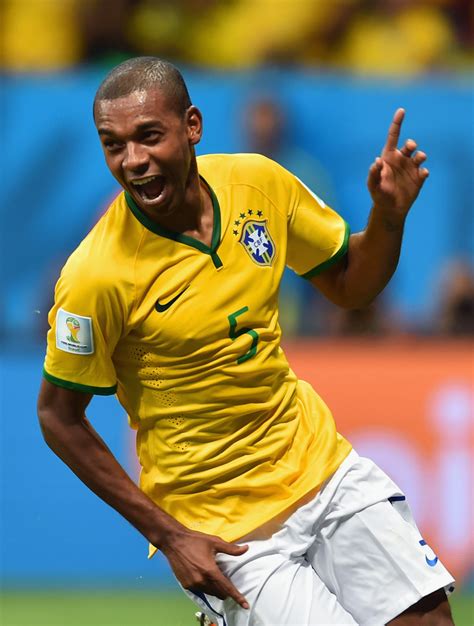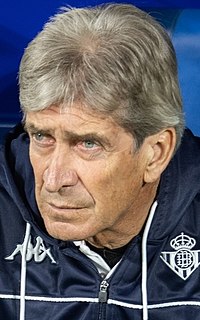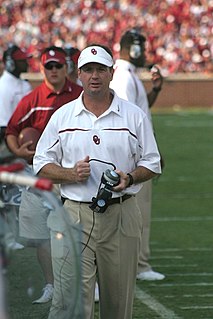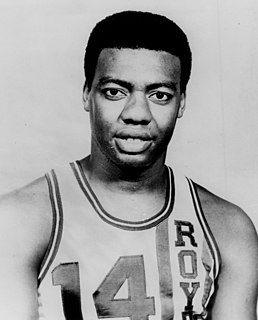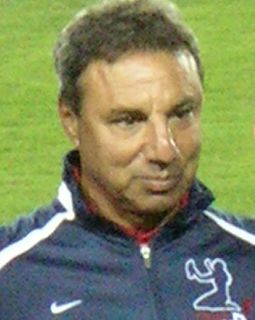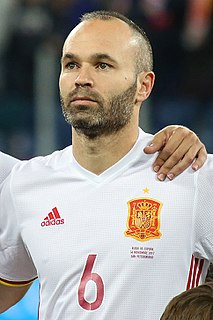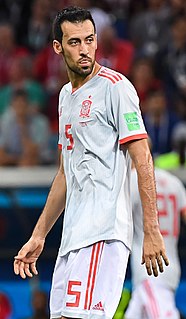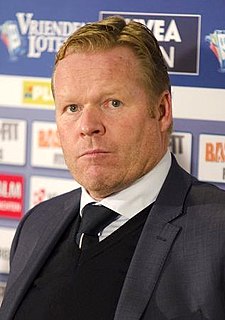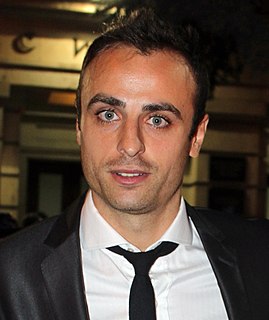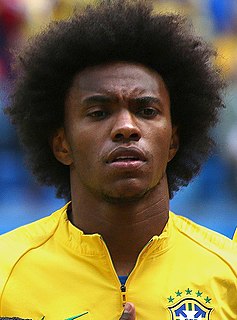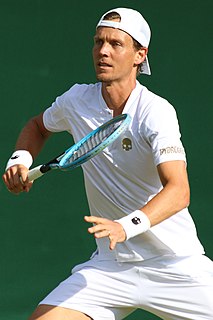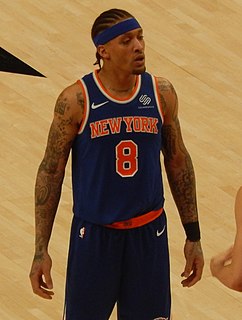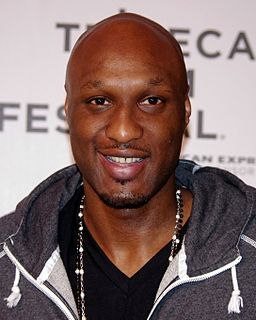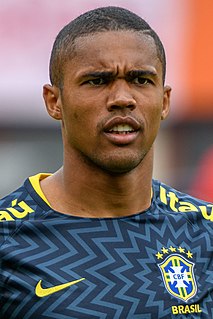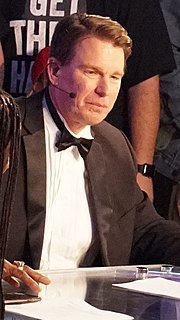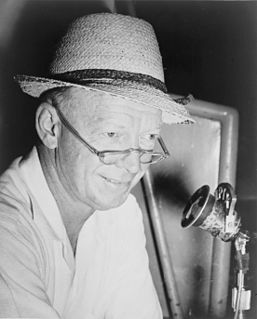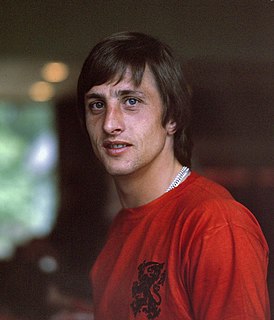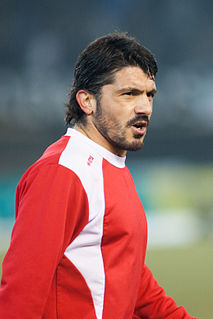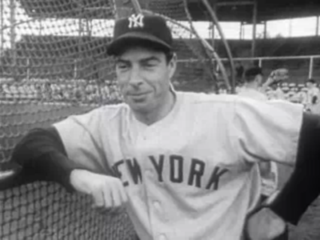Top 1200 Ball Players Quotes & Sayings
Explore popular Ball Players quotes.
Last updated on April 14, 2025.
A lot of the time I am told to clear the ball, kick it out, 'degager le ballon' they shout, but I can't do that and if I have to do that then it feels like a defeat for me. I don't know how to do it. I never get rid of the ball that way and when I am watching TV and I see players who do get rid of the ball then I don't accept it.
The typical baseball play is a pitcher throwing a ball and the batter not swinging at it, while the other players watch. Even a home run, the sport's defining big blast, is only metaphorically exciting; a fly ball that leaves the yard changes the score but may offer no more compelling view than an outfielder staring up.
When I was 11 my school held a sports day near Crystal Palace. We were told we were going to play a rugby match. The ball was eventually passed to me and I was obviously expected to run with it. I took one look at all these players charging towards me, placed the ball on the ground and walked off the pitch.
Offense at Indiana is not equal opportunity. Those players who shoot best are going to shoot most. It is important that every player know his offensive limitations. It is also important that a player know who the best shooter is on the team. When a passer has the option of passing to two players, I expect him to get the ball to the best shooter. I continually stop practice and ask players who the best shooter is and I expect them to know. It is important that you get the ball to your best shooter.
When I was a child, I got an opportunity to see all the big players in a cricket match. I was a ball boy outside the boundary line. I picked the ball and waited a bit for Sachin Tendulkar to come near me to give it to him. The sense of being in the same space was special. While thousands were watching, I was close to Sachin.
At a youth soccer game you'll probably hear parents and coaches on the sidelines yelling, 'Pass the ball! Pass the ball!' ... When we continually tell our young players to pass the ball, we're not allowing them to develop their full potential, especially those who have the ability to take their opponents on and beat them one-on-one. As a result, we run the risk of diminishing a player's artistry and potential.
Baseball players need strength but also the ability to make fast-paced, explosive movements, so their training is all about strengthening the tendons around the bone and the joint so you don't tear the muscles from the bones. And so the muscles will have endurance and stability. And flexibility, which helps you throw the ball harder or have the snap to hit a ball. Or to take off quickly to steal a base.
Every manager is different in one way or another, but what stays the same is coaching Barcelona players - players who want the ball, who want to be protagonists on the field - so each manager who's been here has been able to take advantage of that, and, luckily, I feel we've become more complete because of it.
I remember the Chillicothe ballplayers grappling the Long Island ball players in a sixteen-inning game ended by darkness. And the shoulders of the Chillicothe players were a red smoke against the sundown and the shoulders of the Rock Island players were a yellow smoke against the sundown. And the umpire's voice was hoarse calling balls and strikes and outs and the umpire's throat fought in the dust for a song.
